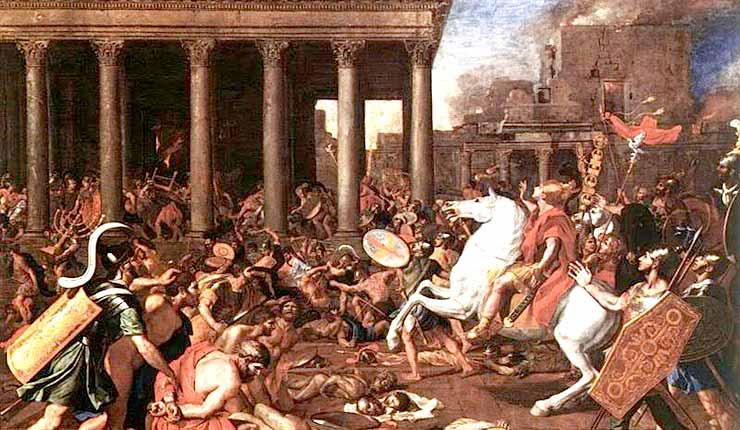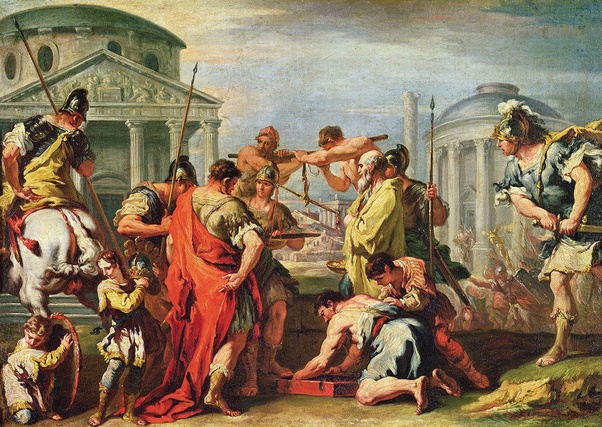Barbarian Mercenaries Caused Rome’s Decline
A civilization is always seen as an abnormally huge rabble of savages until it gains enough power to be called a "empire." How often have people witnessed Roman armies charging towards the legions like schoolkids on the last day of school while facing off against mud-caked mobs and untidy fur piles? This is a particularly useful perspective when nationalists want to assert that the Roman military's heavy reliance on barbarian troops in its final several centuries was the cause of its demise.
A detailed examination of the historical evidence refutes this. In his own candor, Julius Caesar admitted that the well organized Gauls he fought for eight years were a formidable opponent. Their social structures, armor, and weapons all showed they possessed an extremely well-organized infrastructure. More to the point, specialized barbarian cavalry archers outnumbered Roman cavalrymen roughly three to one in some of the greatest Roman victories, as the one at Strasbourg in 356 AD.
At Alesia, the battle he won against the greatest odds of his career, even Caesar heavily relied on mounted German mercenaries to defend his army. The evidence suggests that, if barbarian mercenaries were responsible for Rome's demise, they had also played a significant role in its growth.












